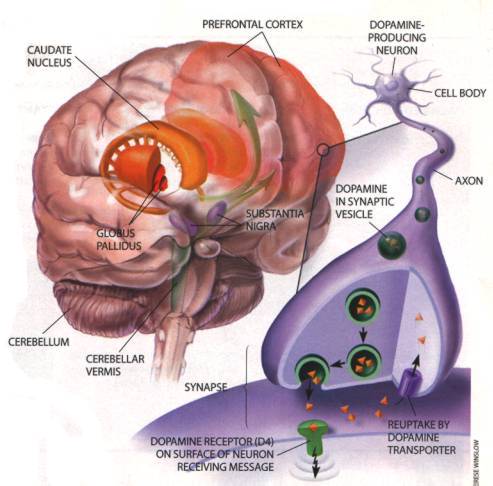Attention Deficit Hyperactivity Disorder (ADHD) refers to a range of behavior problems associated with poor attention span, including restlessness, inattentiveness, impulsiveness and hyperactivity. While some children diagnosed with ADHD continue to demonstrate the symptoms into adulthood, there are ADHD cases wherein the onset occurs in adulthood.
Things you’ll need:
- pen
- paper
Steps:
People diagnosed with ADHD have difficulty keeping themselves focused. Here are some tips that may help:
- Write it down. Before you start your day, create a checklist of what you need to do. Prioritize on the important or ones that need immediate action. If faced with a task that requires sub-steps, make an outline.
Set a deadline when you have to finish a task. When it is finished, cross it out from the list. Not only does it help in keeping things organized, it keeps you on track.

- Take a seat. There are a number of ways to help you concentrate more by just arranging your seat location:
- Adjusting your seat to face the wall minimizes visual distraction. This is very helpful when a task requires your full attention.
- Facing your seat to a window with a serene view helps put you in a calm state which is conducive to concentrating. Changing views from looking at the task you’re doing and looking out the window helps keep your mind fresh and focused.
- If you are attending a meeting, to help you focus better, sit in the front row or as close to the presenter as possible. Remember to change seats after breaks to help refocus your attention. If moving around is not an option, try chewing gum, sucking on hard candy or drink something.
- Rest. Take occasional breaks when you’ve been engaged in doing something for some time. Use this time to distress and unwind. Then resume your task.
Don’t forget to rest. It’s not easy to pay close attention to something when your mind or body is not up to it.
- Exercise. Engage yourself in physical activities. Not only would this help burn off excess energy, it helps you sleep better. It makes you feel more alert and focused the next day.
If you’re not the type who likes working out in the gym alone, try signing up for group classes. Since you have to learn the steps in unison with the rest of the group, your full attention is required. There are other means of affordable activities like walking, biking, hiking and swimming.
The key factor is to make exercise part of your daily routine. The first few days is the hardest, and here are some tips to get you through:
- Start by exercising for fifteen minutes for the first three weeks.
- After the second to third week, your body will start to feel if you’ve missed an exercise session. In the succeeding weeks, your body will start to look for more exercise.
Tips:
Set reasonable goals in setting deadlines and starting your exercise routine.